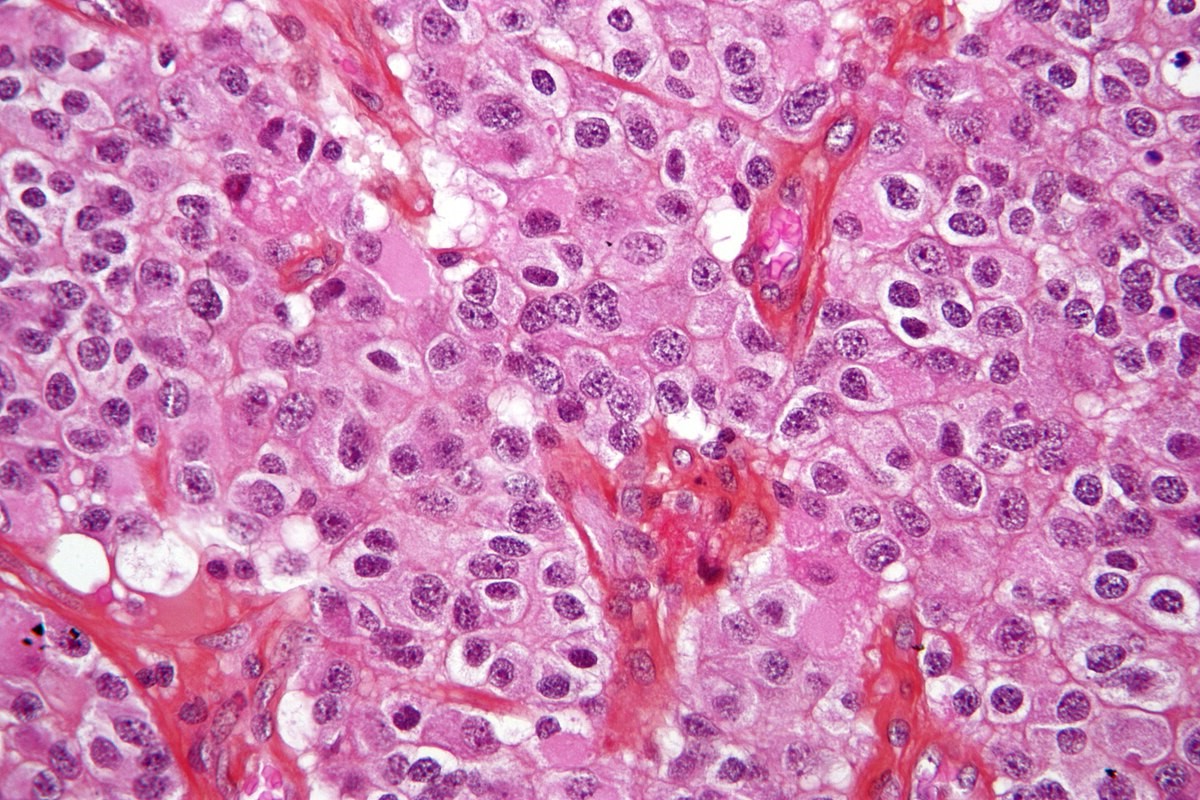
Pediatric nurses play a vital role in providing specialized care to infants, children, and adolescents. Their commitment, compassion, and expertise are essential in ensuring the well-being of young patients. In addition to their medical skills, pediatric nurses also possess a unique ability to connect with their young patients, creating a comforting and supportive environment. Whether they are administering vaccinations, comforting a scared child, or educating families about health and wellness, pediatric nurses make a lasting impact on the lives of their patients. In this article, we'll explore 11 fascinating facts about pediatric nurses that highlight their remarkable dedication and the crucial role they play in pediatric healthcare. So, let's dive into the world of pediatric nursing and discover the amazing work of these healthcare heroes!
Key Takeaways:
- Pediatric nurses use fun distractions and colorful environments to make kids feel comfortable during medical procedures, and they celebrate their patients’ victories, big or small.
- Pediatric nurses are experts at explaining medical information in a way that kids can understand, and they provide support not only to the children but also to their families.
Pediatric nurses often have a special bond with their young patients.
Pediatric nurses are known for their ability to connect with children and create a comforting environment. Their compassionate nature and friendly demeanor help alleviate the anxiety that many young patients may feel during medical procedures.
They play a crucial role in educating both children and their families about healthcare.
Pediatric nurses go beyond providing medical care; they also educate children and their families about various health conditions and treatments. By explaining complex medical information in a simple and understandable manner, they empower families to make informed decisions about their child’s health.
Pediatric nurses are skilled at distraction techniques.
One of the fun aspects of being a pediatric nurse is the ability to use creative distraction techniques to ease children’s fears and anxieties during medical procedures. They often use toys, games, and storytelling to divert the child’s attention, making the experience less stressful for everyone involved.
They often work in vibrant and colorful environments.
Pediatric nurses frequently work in settings adorned with bright colors, playful artwork, and child-friendly decorations. These lively environments are designed to create a cheerful and welcoming atmosphere for young patients, helping to reduce their apprehensions about medical visits.
Pediatric nurses are experts at administering vaccinations.
Administering vaccinations is a crucial part of pediatric nursing. These dedicated professionals are adept at making the experience as painless as possible for their young patients, often using techniques such as distraction or quick, gentle administrations to minimize discomfort.
They often form close relationships with families.
Building strong relationships with the families of their patients is a fundamental aspect of pediatric nursing. These nurses provide support, guidance, and empathy to both the children and their families, creating a sense of trust and reassurance during challenging times.
Pediatric nurses are skilled at adapting medical terminology for children.
Communicating medical information to children requires a special skill set. Pediatric nurses excel at translating complex medical jargon into language that children can understand, ensuring that young patients feel informed and involved in their own care.
They celebrate milestones and victories with their patients.
From a successful blood draw to completing a round of chemotherapy, pediatric nurses rejoice in their patients’ triumphs, no matter how big or small. These celebrations help boost the children’s morale and provide them with a sense of achievement and encouragement.
Pediatric nurses often wear colorful and cheerful scrubs.
Many pediatric nurses opt for vibrant and cheerful scrubs, adding an element of fun and approachability to their attire. These colorful uniforms contribute to the uplifting atmosphere of pediatric healthcare settings, fostering a positive and welcoming environment for young patients.
They are skilled at calming anxious parents.
Aside from caring for the children, pediatric nurses also provide support and reassurance to anxious parents or guardians. Their ability to offer empathy and guidance to worried family members is an essential aspect of their role in pediatric healthcare.
Pediatric nurses play a vital role in advocating for children’s health and well-being.
Advocacy is a significant component of pediatric nursing. These dedicated professionals are passionate about ensuring that children receive the best possible care and are committed to being strong voices for the health and well-being of their young patients.
Conclusion
Being a pediatric nurse is a rewarding and challenging career that requires a unique set of skills and a compassionate heart. These healthcare professionals play a crucial role in providing care and support to children and their families during some of the most vulnerable moments in their lives. From administering vaccinations to comforting a scared child, pediatric nurses make a significant impact on the well-being of young patients. Their dedication, patience, and ability to connect with children help create a positive and nurturing healthcare environment. As advocates for children’s health, pediatric nurses are instrumental in promoting wellness and ensuring that young patients receive the best possible care. Their commitment to improving the lives of children makes them invaluable members of the healthcare team.
FAQs
What qualifications are required to become a pediatric nurse?
To become a pediatric nurse, one must first complete a nursing program and obtain a nursing license. Additionally, pursuing specialized training or certification in pediatric nursing is highly beneficial.
What are some essential skills for pediatric nurses?
Pediatric nurses should possess strong communication skills, empathy, patience, and the ability to work effectively in high-pressure situations. They should also have a deep understanding of child development and pediatric healthcare practices.
What are the typical duties of a pediatric nurse?
Pediatric nurses are responsible for assessing and monitoring the health of young patients, administering medications, providing emotional support to children and their families, and educating parents about pediatric care and wellness.
Pediatric nurses are true heroes, dedicating their lives to caring for children and supporting families through challenging times. Their compassion, expertise, and ability to connect with young patients make them invaluable members of the healthcare community. If you found these facts about pediatric nurses intriguing, you might also enjoy exploring more about the specialized care they provide and the unique challenges they face in their daily work.
Was this page helpful?
Our commitment to delivering trustworthy and engaging content is at the heart of what we do. Each fact on our site is contributed by real users like you, bringing a wealth of diverse insights and information. To ensure the highest standards of accuracy and reliability, our dedicated editors meticulously review each submission. This process guarantees that the facts we share are not only fascinating but also credible. Trust in our commitment to quality and authenticity as you explore and learn with us.


